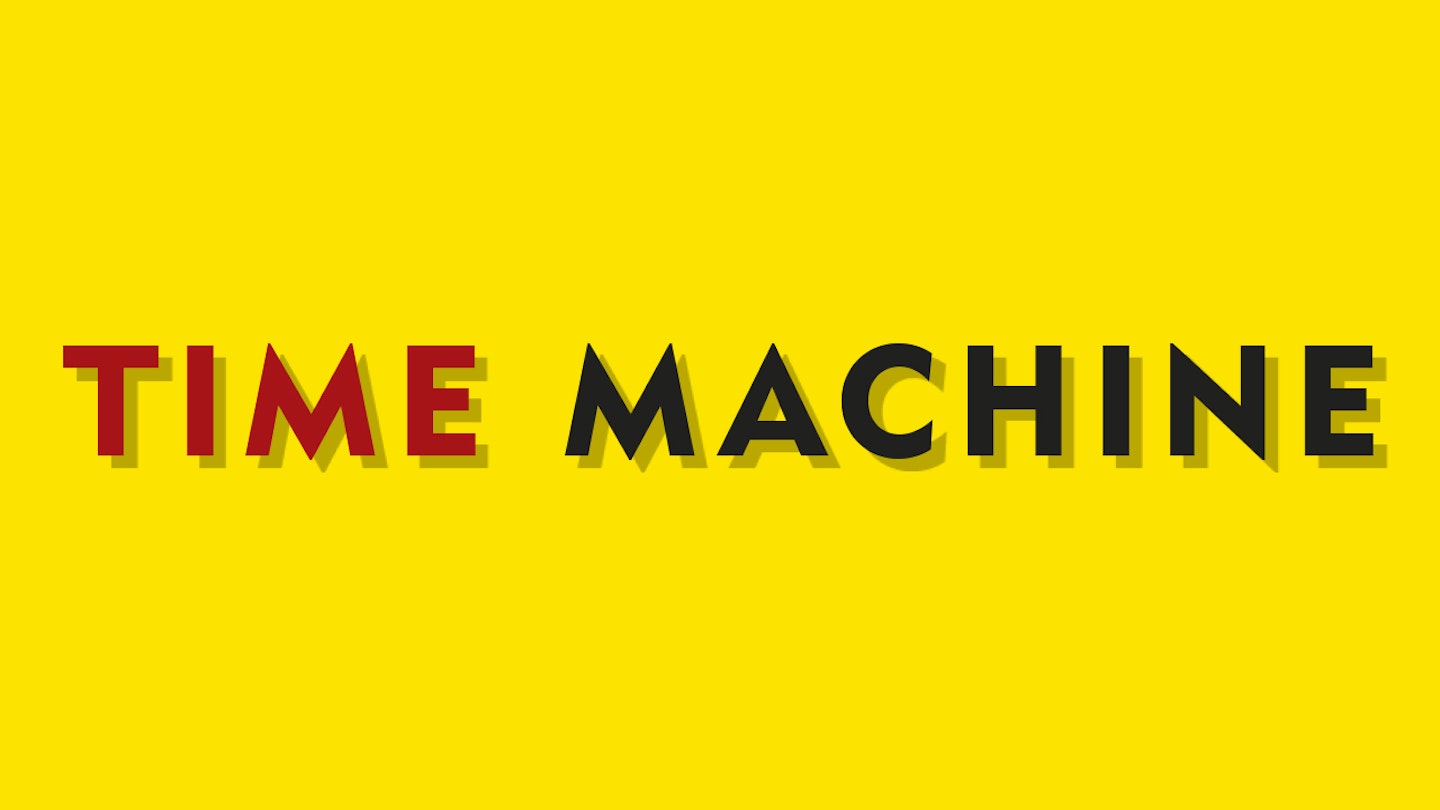8 April, 1995
There’d been a prediction. Just prior to the release of Wake Up!, the fourth album by The Boo Radleys, Creation Records’ managing director Dick Green informed trade paper Music Week, “We’re looking for a Top Five album”.
The interviewer thought this a tad ambitious. After all, the Liverpool band’s third album, the innovative Giant Steps, had pulled in plaudits by the bucketful and shifted 60,000 copies, but had only just made it to seventeen in the charts. But Wake Up! would prove to be something different.
Not that the initial signs had been all that good. The first single, Wake Up Boo!, had been planned for release during October 1994, but songwriter-guitarist Martin Carr nixed the original recording. “I’d heard Take That’s cover of Could It Be Magic and liked the way the beat moved the song along,” he later informed Music Week, “(I) knew Wake Up Boo should have a certain sound and momentum without relying on guitars, so we changed it.”
Life had begun for the song and its parent album in June 1994, when Carr, vocalist Simon ‘Sice’ Rowbottom, bassist Tim Brown and drummer Rob Cieka made their way down to Proctoral Studios in London’s Holloway, where they pieced together early versions of Wake Up Boo! and b-sides Janus, Music For Astronauts and Blues For George Michael. By October, the band had decamped to Rockfield Studios in south Wales where, for two months, they got wrecked, attempted to deep-cleanse the local grubby sheep, played table tennis and darts, admired the size of the home-grown vegetables, went to the pub and, amazingly fashioned the rest of the album. It proved no easy task, however. After a few weeks in deepest Monmouthshire, Martin Carr was refusing to emerge from his room. “I‘m extremely surprised that we ended up making a record at all,” he related to one interviewer. “I don’t remember doing any work…” A break was called for and the rest of the band shoved Carr off to London to get his head together.
In all, the delay translated into a year and a half release-free recess. But the group’s reappearance proved fortuitously timed. Britpop was booming, and released in March, the brassy optimism of Wake Up! fitted so well on the radio alongside hits by Oasis and Supergrass that it soon rollicked its way into the charts at number nine on March 11. Exuberant and impossible to forget, it remains one of the signature songs of its time and place. Carr recalled it took four days to piece together, and was the only track on the album that was written, “just for the fun of writing a pop song.”
It looked like his dream to feature in Smash Hits and appear on Top Of The Pops was coming true. Additionally, the arrival of the album on March 27 became lip-smackingly anticipated. The first reviews fairly tumbled over themselves to heap on the praise: “It’s a petulant, indulgent, optimistic, desperate, sulky, weird, devious, uplifting, disorienting, humble, insufferable, brilliant album,” raved NME. “Wake Up is a masterstroke, the Boo Radleys are ace and this time they’ve excelled themselves,” enthused Select. The record-buying public concurred, and by April 8, 1995, Wake Up Boo had shoved Celine Dion’s The Colour Of My Love album aside to become Britain’s biggest selling album. Earlier, at the time of Giant Steps’ release, Carr had proclaimed that the band’s ambitions had included becoming The Beatles. In creating the Wake Up! album, they’d at least taken a step towards that mythical destination. It all seemed a very long way from when Rough Trade, who’d signed the band in July 1990, described them as “the bastard sons of a busted valve in Lou Reed’s guitar amp.”
"We loved pop music and that's what it is… it's never off the jukebox at The Queen Vic."
Martin Carr
Yet it was to be a brief reign at the top. Follow-up singles from Wake Up! and 1996’s more adventurous album C’Mon Kids fared less well. It seemed Carr was uneasy with crossover fame, and he would refuse all offers to licence Wake Up! for advertising campaigns. After 1998’s Kingsize, the band split up.
They were probably unlikely candidates for global domination, anyway. Signed to Sony in America, Carr mused that their label mates were, “people like Mariah Carey and Michael Bolton… the last thing they need there is these weird little records coming over from Liverpool.” But he was happy. “I’m proud of that record,” he said in 2003. “We loved pop music and that's what it is… it's never off the jukey at The Queen Vic.” Fame is where you care to find it. And it’s still a beautiful morning.
